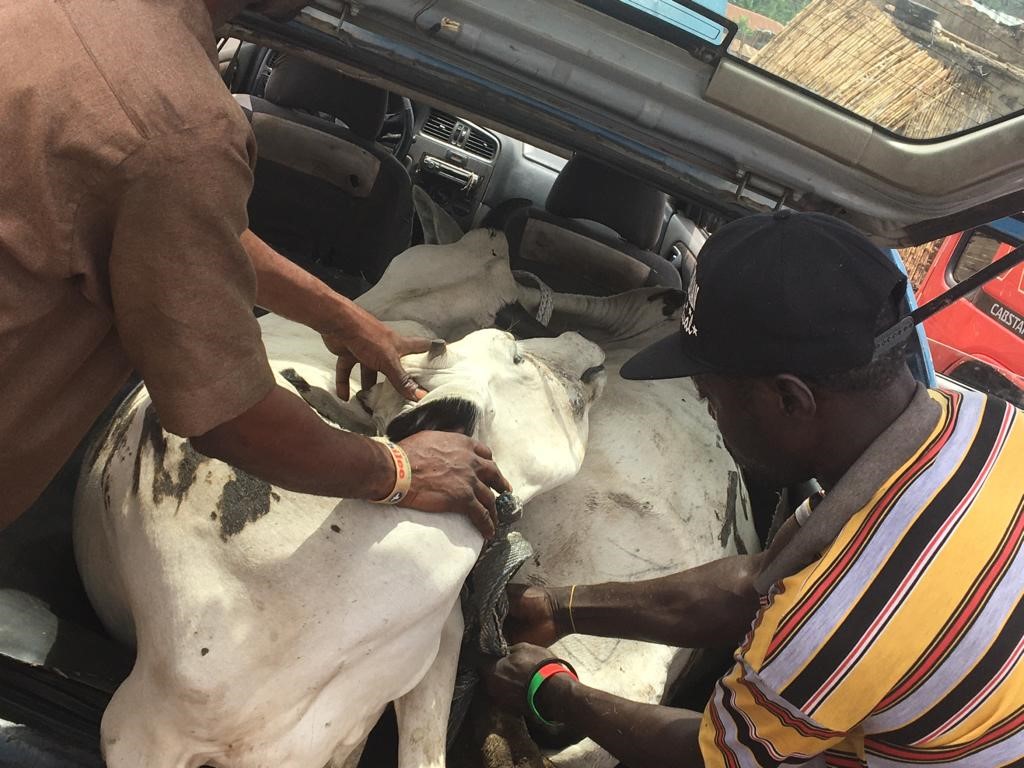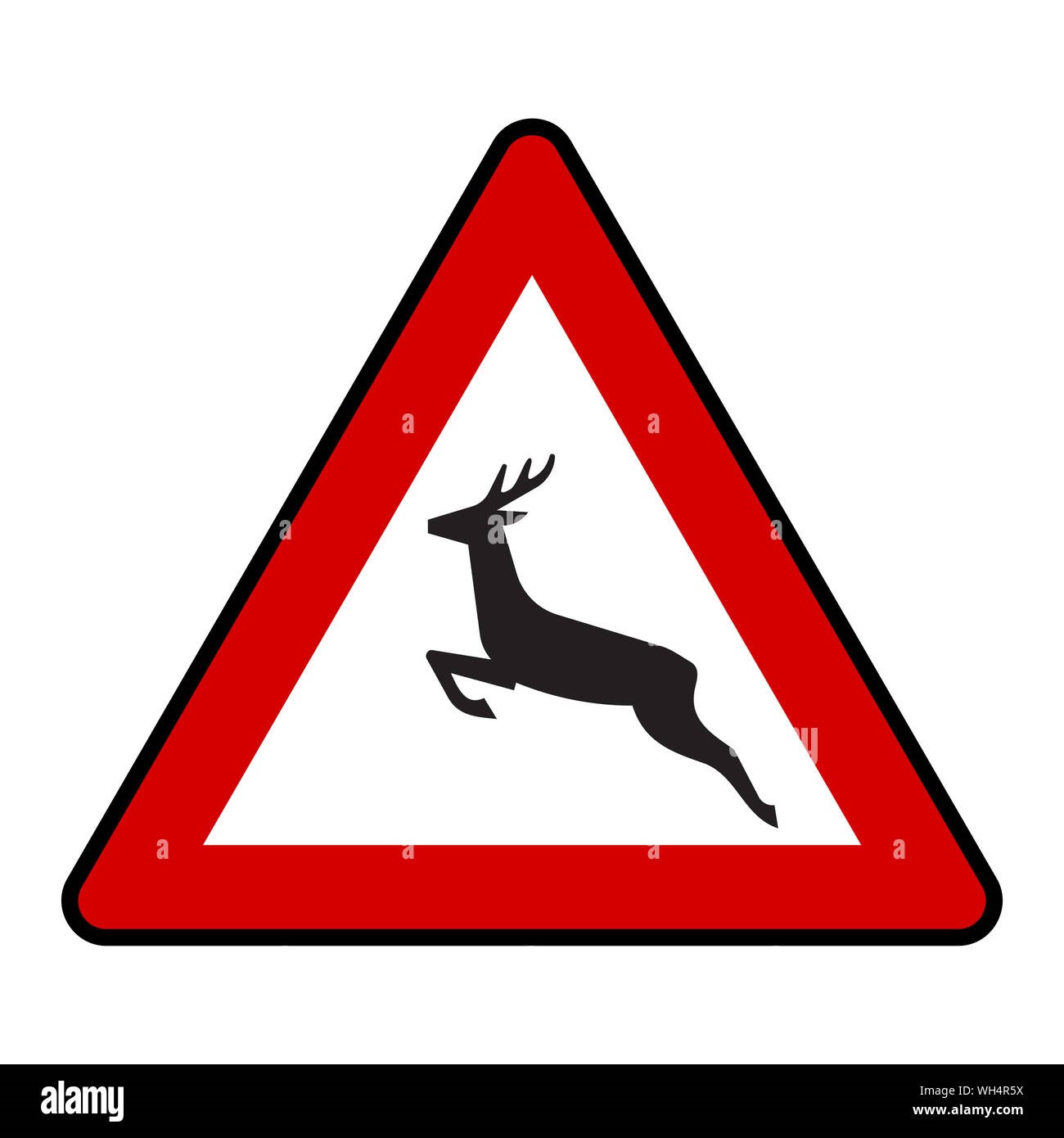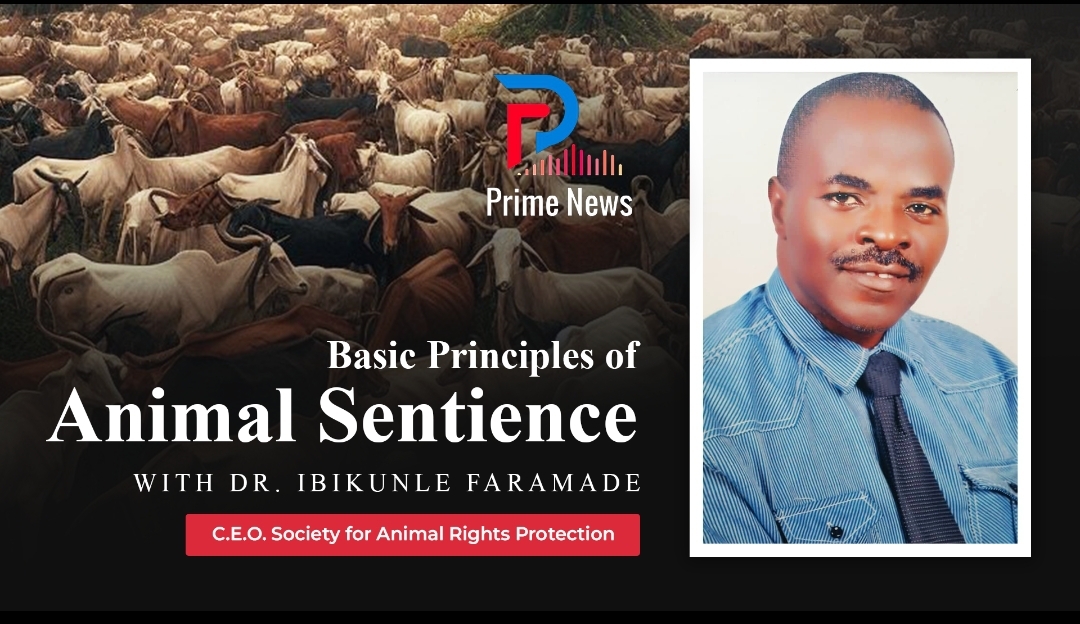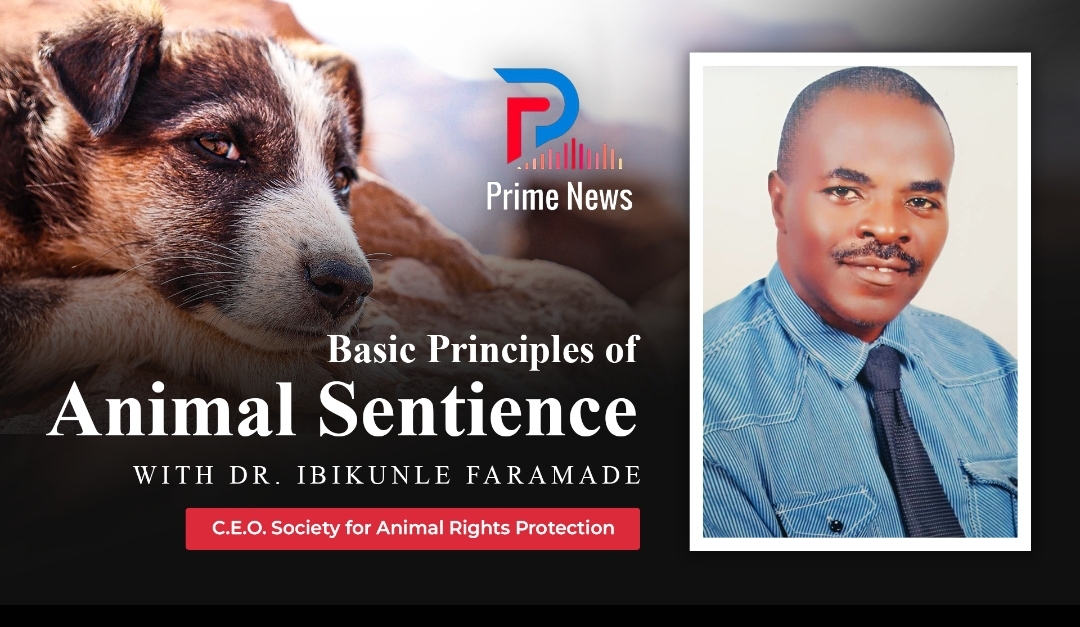 By Dr Ibikunle Faramade
By Dr Ibikunle Faramade
Transportation is key to human development. It is very critical to the practice of movement of goods and services required to make living worthwhile. From the ancient time, the need for transportation was recognized leading to the domestication of some types of animals to enhance movements from one location to the other. Horses, donkeys and camels are specially referred to as beast of burden for their roles in transporting humans, goods and services. The direct riding of animals was followed by the development of carts that were attached to animals so that the capacity of the animals could be maximally utilized by carrying more humans and goods per time. The development of automobiles, train, ship and airplane have led to rapid improvement in transportation and has facilitated trade, migration, globalization of human resources, economic growth and development. Unfortunately, as movements became faster, through technology, so also, the fatality associated with transportation has increased.

Animals are considered as special types of goods. Their transportation, especially, from the point of production to the point of marketing or where they are needed is necessary. However, moving animals from one location is expected to conform to certain minimum standards or guidelines which is aimed at ensuring the welfare of the animals being transported and to prevent the spread of both infectious and zoonotic diseases.

 During transportation, animals are exposed to at least eleven types of welfare challenges. This includes (i) group stress, (ii) handling stress, (iii) heat stress, (iv) injuries, (v) motion stress, (vi) prolonged hunger, (vii) prolonged thirst, (viii) respiratory disorders (ix) restriction of movement, (x) resting problems and (xi)sensory overstimulation.
During transportation, animals are exposed to at least eleven types of welfare challenges. This includes (i) group stress, (ii) handling stress, (iii) heat stress, (iv) injuries, (v) motion stress, (vi) prolonged hunger, (vii) prolonged thirst, (viii) respiratory disorders (ix) restriction of movement, (x) resting problems and (xi)sensory overstimulation.
There are various mechanisms put in place to reduce the impacts of these unsavory welfare issues globally. In Europe, animal movement is expected to conform to the guidelines established by the European Food Safety Agency. In the United States of America, the National Veterinary accreditation program under the United States Department of Agriculture (USDA) oversees animal movement. In Australia, it is the responsibility of the Department of Agriculture, Fisheries and Forestry to supervise movement of animals in the country. In Nigeria, animal movement is supervised by both the Federal Department of Veterinary Services and the respective State Department of Veterinary Services.

In order to enhance the achievement of seamless animal transportation in the country, guidelines have been developed over the years which governs the movement of animals from another country into Nigeria (importation) or out of Nigerian border (Exportation). Another set of guidelines covers animal movement within different states of the Federation. There are many stop overs for veterinary checks, also referred to as Control Posts as food animals move from the northern part of the country to other regions of Nigeria. Even, in the transportation of all categories of birds (chicks, spent layers, broilers etc.), certificate of health must be issued before they could be moved from the hatcheries to their various destinations.

The enforcement of animal health related issues while animals are in transit rest on veterinary authorities at state and federal levels. Although the efficiency of this enforcement could be debated, the focus of this article is the role of the Federal Role Safety Corps in the maintenance of sanity in animal transportation in Nigeria.


The Road Safety Corps could help to enforce that appropriate type of vehicles are used to transport animals. The stocking density of animals could then be monitored to ensure that vehicles transporting animals are not overstocked. The ventilation and overall suitability of the vehicle transporting animals would contribute significantly to the welfare of all categories of animals during transportation. Enforcement of speed limit to minimize road accident is also important to ensure the safety of all road users.
Throughout the country, there are various unfortunate reports of road carnage caused by collision involving animal laden vehicles. Cattle, camels, sheep and goats etc. have been found to be responsible for avoidable human injury and deaths on the road. Our road could be made safer by the involvement of road safety corps in this important assignment.





In conclusion, it is strongly advocated that the Federal Road Safety Corps Should consider the establishment of Veterinary Corps in their structure in order to efficiently cover the task of road safety as it pertains to animal transportation. The Veterinary Corps, when established, would work seamlessly with the Federal Department of Veterinary and Pest Control Services and the State Department of Veterinary Services to strengthen their oversight functions on animals that are moved across the country. This will further boost biosecurity and prevent the transmission of infectious and zoonotic diseases while promoting animal welfare in conformity with United Nations Declaration on Animal Rights (1978) and other domestic extant laws in Nigeria.
This column congratulates Alhaji Shehu Mohammed on his appointment as the new Corps Marshall of the Federal Road Safety Corps by the President, His Excellency Bola Ahmed Tinubu. We wish him a successful tenure characterized by improved safety for all road users, humans and animals.
Dr. Ibikunle Faramade is a veterinary pathologist, sustainable development practitioner, animal welfare advocate and a lecturer at the Federal College of Animal Health & Production Technology, Apata. Ibadan. He’s the C.E.O of the Society for Animal Rights Protection, a non-profit and a non-governmental organization dedicated to the promotion of animal welfare, animal rights and prevention of cruelty to animals. animalrightsprotection2020@gmail.com , +2348028305284




